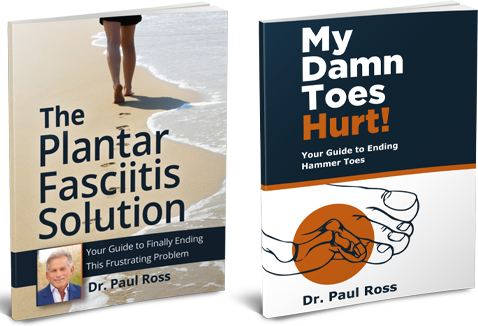 Gout is a painful arthritic condition that affects the joints in the big toe, ankle, and knee and causes severe pain and swelling. The condition can happen to anyone, but is more common in individuals with existing arthritis. Our podiatrists in Gaithersburg explain what triggers gout and how to get treatment for it to prevent joint damage.
Gout is a painful arthritic condition that affects the joints in the big toe, ankle, and knee and causes severe pain and swelling. The condition can happen to anyone, but is more common in individuals with existing arthritis. Our podiatrists in Gaithersburg explain what triggers gout and how to get treatment for it to prevent joint damage.
What Causes Gout?
Gout is caused by an elevation of uric acid in the blood. Uric acid is produced when the body breaks down purines, which are present in many foods and occur naturally in the body.
This elevation can either be caused by overproduction of uric acid by the body or if the kidneys fail to filter it out properly. The excess uric acid solidifies into sharp crystals, which get stuck in the joints, causing inflammation and gout attacks.
Symptoms of Gout
Your risk of gout increases with consumption of high-purine foods, such as red meat, organ meats, and gravies. Sugar consumption, being obese, and arthritis are also risk factors for developing gout. Symptoms of gout include:
- Intense pain in the affected joint
- Stiffness or difficulty moving
- Redness, swelling, or lumps around the joint
- Joint discomfort following intense pain
Proper Treatments & Prevention
During a gout attack, you should treat it with ice and elevate the affected joint. In addition, you should also:
- Avoid sugar, alcohol, and high-purine foods.
- Rest and let the joint calm down.
- Take ibuprofen or another pain reliever like Tylenol to relieve your pain.
It’s important to talk to our doctor as soon as possible to begin treatment. Treatments may include medications to reduce uric acid levels. If left untreated, gout can limit movement, damage your joints, and even cause kidney damage. It is also critical to address other associated health risks, such as obesity, kidney disease, and heart disease.
Contact Our Podiatrists in Gaithersburg Today!
The information provided in this article is not meant to be medical advice and is for educational purposes only. If you would like to learn more about this and other podiatry-related topics, feel free to contact The Podiatry Center by clicking here or by calling 301-232-3764.

